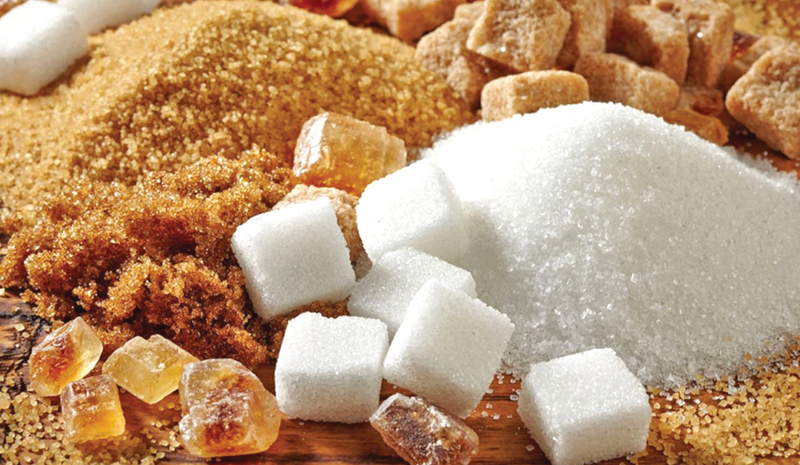The special commodity levy on imported sugar should not be raised if the country is to have adequate stocks to meet its needs, said a food importer in Colombo.
Rather, the 18% VAT on locally produced brown sugar should be slashed as the disparity in tax treatment has made brown sugar costlier than the VAT exempted white sugar.
“What would happen if the levy is increased it would affect imports and pave the way for unscrupulous elements to dominate the market,” Essential Food Commodities Importers’ and Traders’ Association spokesperson Nihal Seneviratne said.
A special commodity levy of Rs. 50 per kilogram of imported sugar has been in existence since 2023 aimed at stabilising the local market prices.
“Refined white sugar is essential for the sustenance of many industries in the country. A shortage would have ripple effects on the industries reliant on sugar,” he said, adding that there is no issue with sugar as projected in the media.
He said the problem may be with the unrefined brown sugar which is less consumed and used mostly for manufacture of illicit liquor.
The food and beverage industry relies on sugar for manufacturing various products. Sri Lanka imports around 90% of its annual sugar demand amounting to over 500,000MT. The total estimated requirement of sugar in 2023 was around 661,183 metric tons costing around Rs. 127 billion in foreign exchange.
The four main sugarcane plantations are in Pelwatte, Hingurana, Sevanagala, and Kanthale. The Lanka Sugar Company (Pvt) Ltd manages Pelwatte and Sevanagala, while Hingurana is also a significant player.
Sugar manufacturers are perturbed over their inability to dispose of stocks due to the large quantities of imported stocks in the market.
They are calling on the Government to mediate immediately to prevent the closure of their factories.
Their grouse is that the government has walked back on their promise to protect local industries and ensure their well-being.
Manufactures said that close to 35,000 MT of unsold sugar is lying in warehouses.
The Government pledged not to increase food taxes, particularly VAT on essential goods, and has also expressed a desire to remove VAT on food, health, and education supplies.






